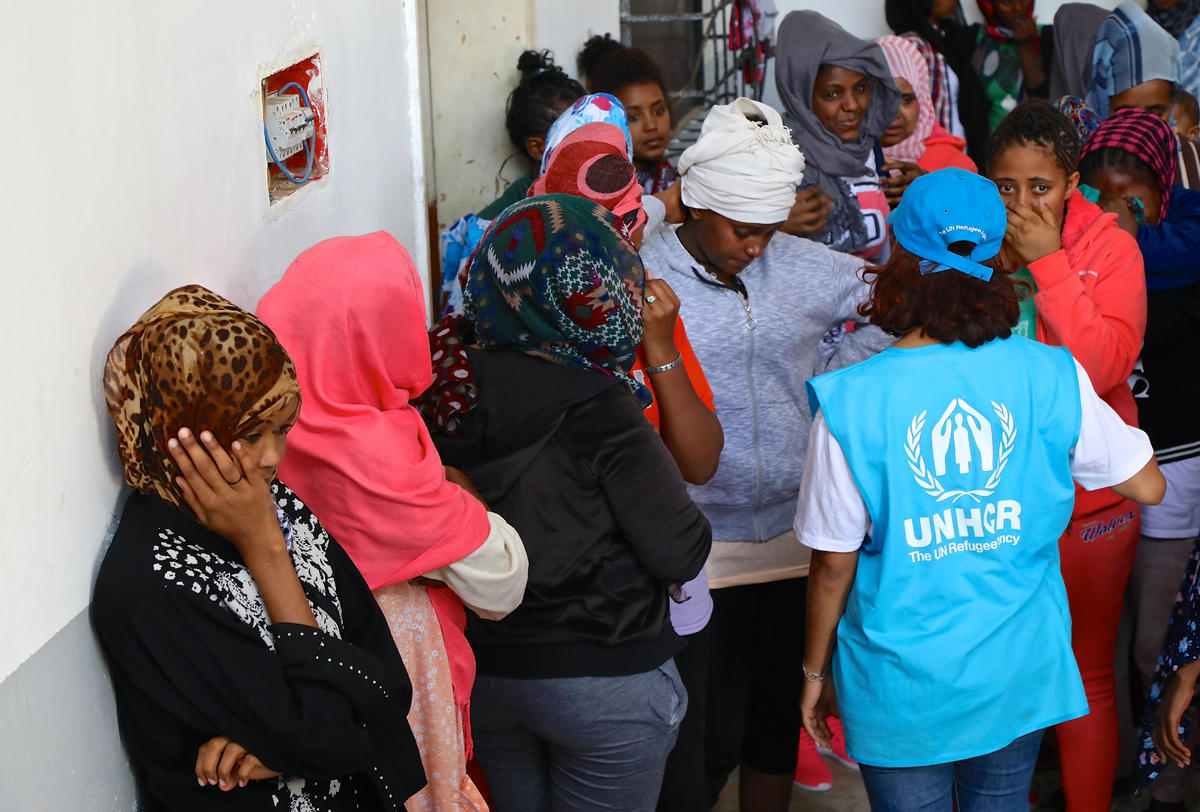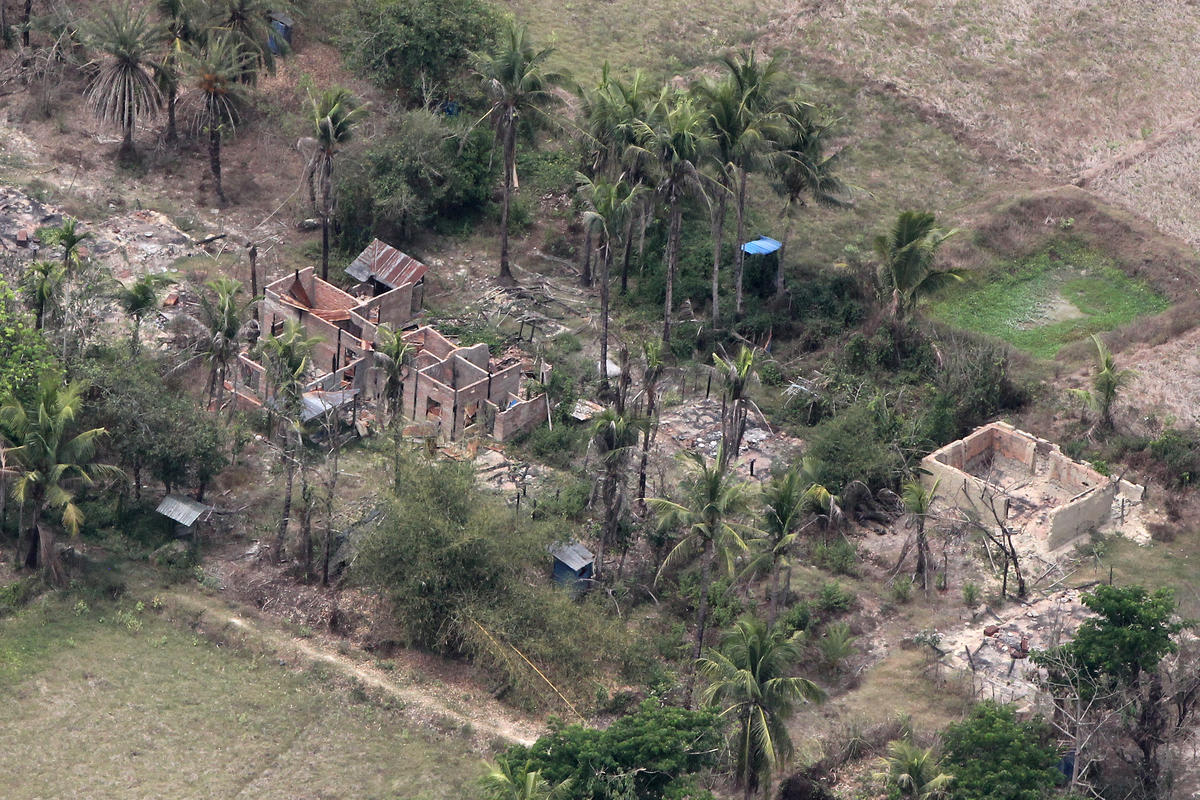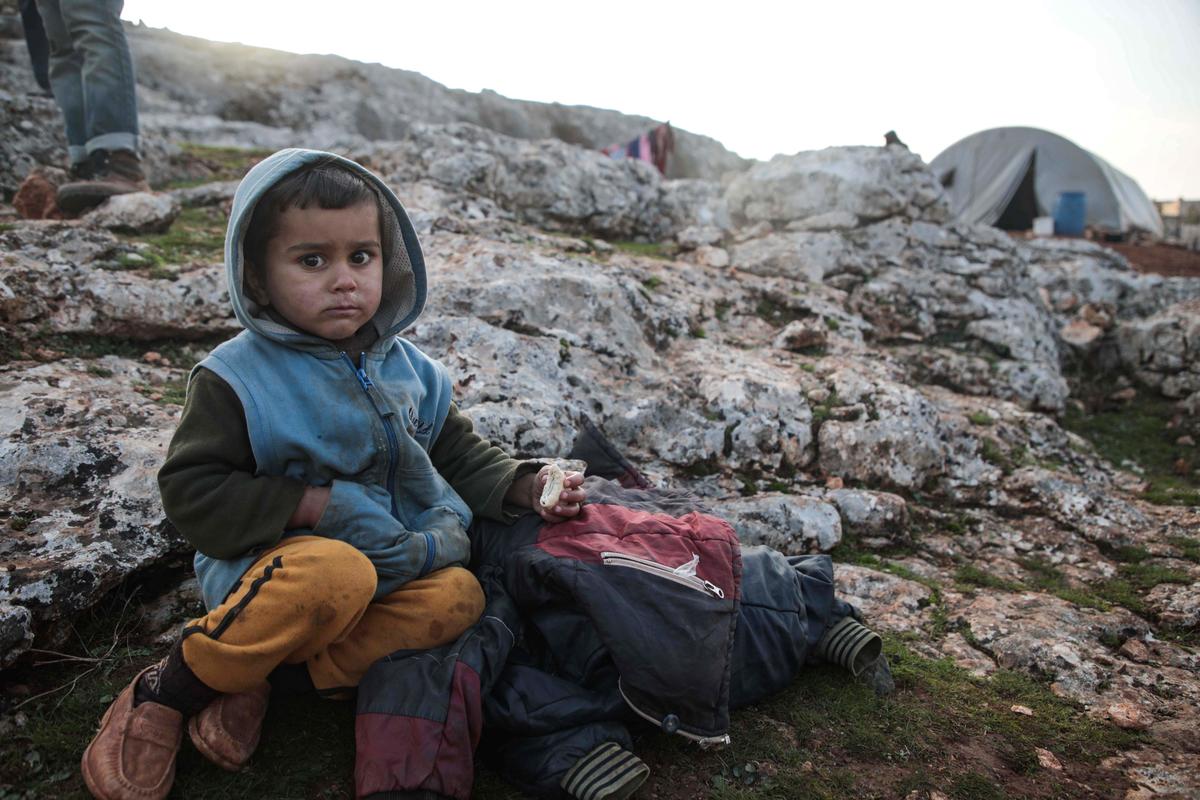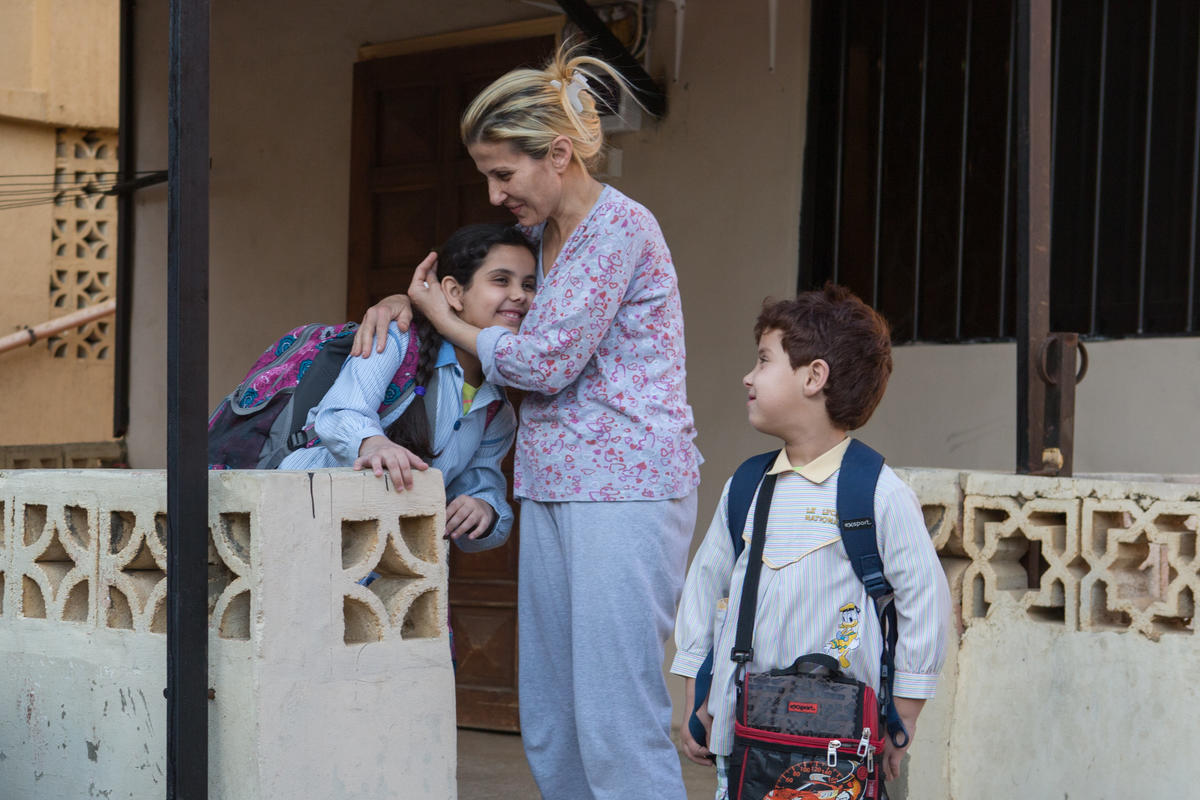ExCom: UNHCR chief calls for "New Deal" in managing the world's displaced
ExCom: UNHCR chief calls for "New Deal" in managing the world's displaced

GENEVA, October 8 (UNHCR) - High Commissioner for Refugees António Guterres wrapped up his organization's annual meeting on Friday by calling for a "new deal" to help developing nations who shoulder the weight of 80 percent of the world's 43 million forcibly uprooted people.
Speaking of the support provided by these states, Guterres told UNHCR's governing Executive Committee (ExCom) "I think that what we really need is a new deal on burden sharing. It is the capacity of us all to work together in order to make sure that this generosity and this hospitality is fully matched by the solidarity of the international community".
International solidarity, he said, would improve protection and assistance for the refugees and internally displaced people that his agency is helping. It would also complement UNHCR's efforts at making returns sustainable, supporting local integration projects, regional development programmes for refugee-impacted areas and rehabilitation of former refugee settlements.
Noting that UNHCR had not been able to do enough, he said "it is also clear we do not have the capacity or the resources to do much more. So, in this kind of new deal, we need to make sure that others get involved."
The High Commissioner said UN development agencies, international financial institutions and regional organizations should all work "in order to make sure a true impact is felt by these populations and that they feel international solidarity in a strong way."
The annual five-day ExCom meeting reviews and approves UNHCR's programmes and budget, advises on protection issues and discusses a wide range of other topics.
Subjects discussed this year included the issue of accountability of the organization. During this debate, the United States and some other countries expressed reservations about expanding UNHCR's role in dealing with people forced out of their homes as a result of natural disasters.
The High Commissioner asserted that despite UNHCR's expertise in assistance and protection for the forcibly displaced, his agency's actions to serve other people in need would "never" undermine the "integrity" of its core mandates with respect to refugees and stateless people.
As part of the UN humanitarian reform process, UNHCR has been increasingly called upon to help internally displaced people, or IDPs, in partnership with its sister agencies.
Before concluding, Guterres renewed his call for states to step up accessions to the various conventions related to the protection of refugees and stateless people and voiced the hope that in 2011, "refugees, stateless persons and internally displaced persons will have a much stronger protection capacity in the international community than the one they enjoy today."
Throughout next year, UNHCR will be marking its 60th anniversary and the 50th anniversary of the Reduction of Statelessness Convention as well as the 150th anniversary of the birth of Fridtjof Nansen - the first High Commissioner for Refugees.
By Fatoumata Lejeune-Kaba in Geneva









